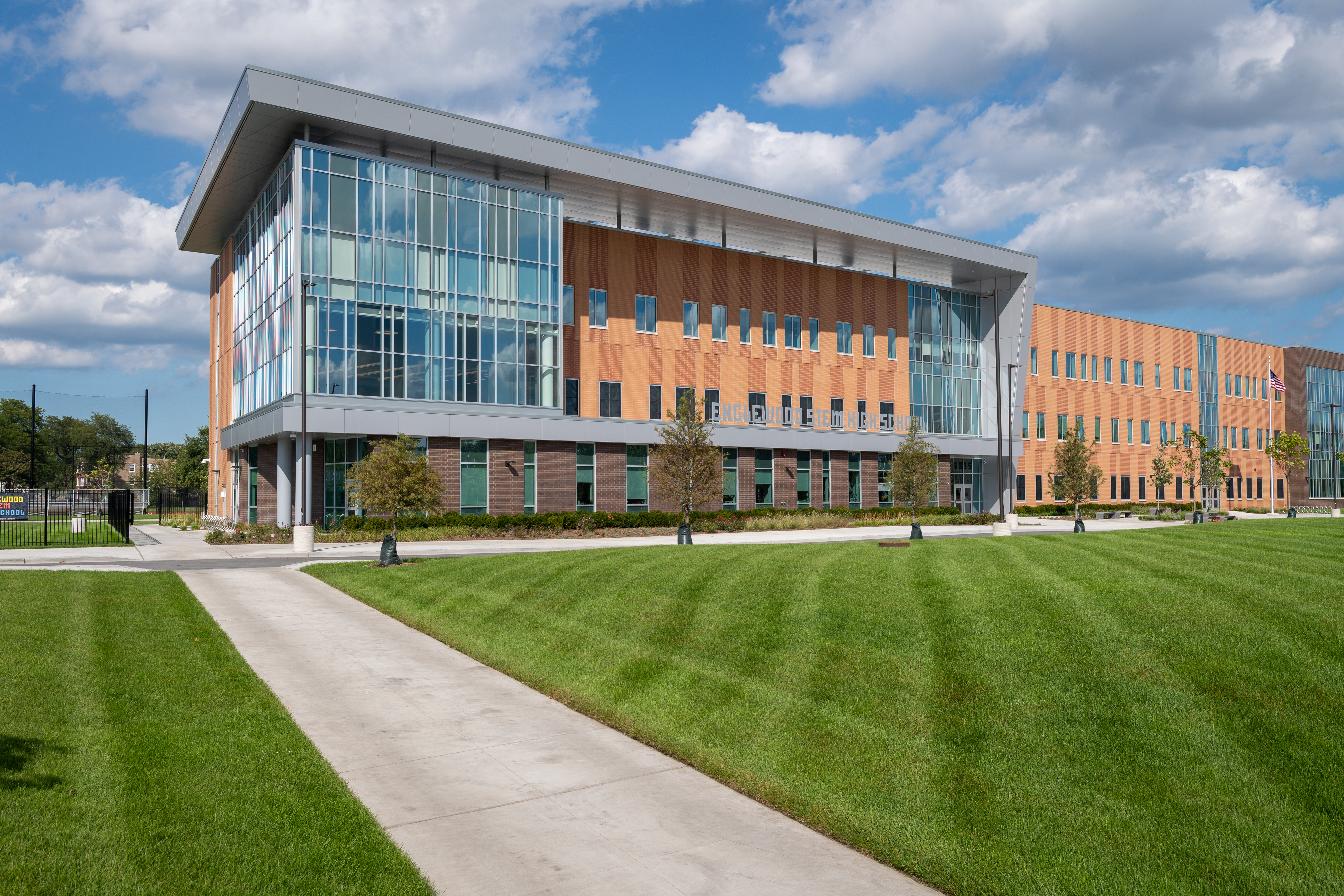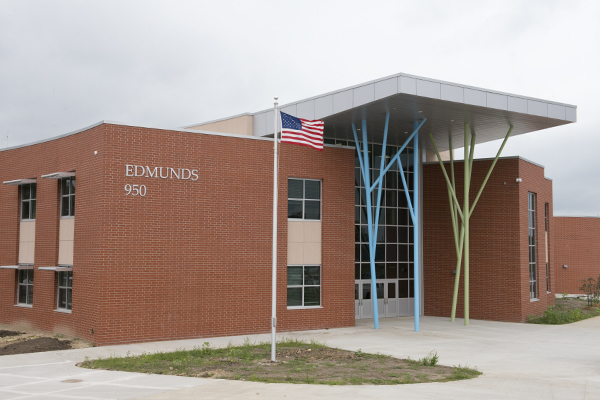Sign up with the Movement to Save Temecula Schools: Neighborhood Activity Needed!
Sign up with the Movement to Save Temecula Schools: Neighborhood Activity Needed!
Blog Article
Comprehending the Significance of Institutions in Youngster Advancement and Community Development
Institutions' involvement with neighborhood areas via service-learning campaigns strengthens the bond between families and instructional organizations. This cooperative partnership underscores the value of schools in nurturing active citizenship and lifelong knowing habits.
Academic Achievement
Academic achievement acts as a foundation of kid advancement, giving the foundation upon which future discovering and success are built. Schools play a pivotal function in fostering this academic development, providing structured environments where youngsters can acquire essential knowledge and cognitive skills. Standard curricula make certain that students gain effectiveness in core subjects such as mathematics, science, and language arts, which are crucial for both college and professional chances.
In addition to presenting essential scholastic skills, colleges likewise grow critical reasoning, problem-solving capacities, and intellectual inquisitiveness. These cognitive proficiencies are essential for navigating intricate real-world scenarios and adapting to the ever-evolving needs of the modern work environment. Educators, as facilitators of understanding, use diverse pedagogical techniques to accommodate varied discovering styles, thereby making the most of specific student potential.
In addition, academic success is carefully linked to self-esteem and inspiration. Youngsters who experience scholastic success are most likely to create a positive self-concept and a lifelong passion for understanding. Schools additionally offer different sources, such as collections and innovation, which additionally boost the instructional experience and prepare trainees for a highly sophisticated culture.
Social Ability Advancement
Beyond scholastic success, the role of institutions in social skill advancement is vital. Schools offer as a key place for children to find out and exercise essential social skills such as communication, problem, and teamwork resolution. In the organized setting of a class, trainees interact with peers, teachers, and various other institution staff, providing numerous chances to create these crucial abilities.
Effective social ability advancement in schools is facilitated with team tasks, collective jobs, and extracurricular programs. These interactions assist students recognize social standards, construct compassion, and cultivate a feeling of area. Group projects instruct students exactly how to function with each other in the direction of a typical goal, listen to various viewpoints, and navigate disputes constructively.

The cultivation of social skills during school years lays a structure for future personal and expert partnerships. Save Temecula Schools. As pupils grow, the capacity to efficiently connect and collaborate ends up being significantly essential, emphasizing the institution's essential function in alternative kid growth
Direct Exposure to Diversity
Direct exposure to variety in colleges is fundamental to promoting a comprehensive attitude and widening pupils' perspectives. Schools act as a microcosm of the wider culture, and encountering diverse cultures, languages, and socioeconomic backgrounds within this environment equips students with important skills for navigating a significantly globalized world. This exposure encourages empathy, decreases bias, and advertises common regard amongst peers.
Varied classrooms also boost cognitive and social development. Research study shows that trainees who communicate with peers from varied histories exhibit much better analytic abilities and imagination. They find out to value different perspectives, which enhances classroom conversations and fosters a more vibrant read here understanding experience. This understanding of variety prepares pupils for future work environments that worth modern competence.
Community Interaction
The benefits of diverse class expand past the institution wall surfaces, fostering a solid sense of community interaction amongst pupils. By interacting with peers from different social, socioeconomic, and ethnic backgrounds, students acquire a wider viewpoint and an appreciation for variety. This exposure urges them to become energetic residents who are ready to add positively to their communities.
Colleges that stress neighborhood involvement typically include service-learning projects, which permit pupils to attend to real-world troubles while applying academic skills. These jobs not only enhance trainees' understanding of their coursework yet additionally infuse a feeling of obligation and compassion. Partnerships in between schools and local companies provide pupils with chances to get involved in community events, additionally strengthening their function as positive community members - Save Temecula Schools.
Additionally, adult and area involvement in institutions strengthens the bond between educational organizations and the areas they offer. With these efforts, institutions play an Learn More Here essential role in nurturing neighborhood engagement and promoting social development.
Lifelong Discovering Behaviors
Creating lifelong discovering practices is vital for a youngster's constant growth and versatility in an ever-changing world. Colleges play a crucial duty in instilling these practices by producing a setting that cultivates inquisitiveness, important reasoning, and a love for expertise. Through extracurricular tasks and varied curricula, educators motivate trainees to explore different topics, examine info critically, and apply their finding out to real-world situations.

In addition, colleges provide an organized environment where kids can create self-discipline and time management abilities, both of which are crucial for constant understanding. By emphasizing the relevance of setting goals, assessing progression, and adjusting methods, educational institutions prepare trainees to browse the intricacies of grown-up life, guaranteeing they stay lifelong learners and contributors to culture.
Verdict
In conclusion, schools are vital in cultivating youngster growth and community growth by providing environments for scholastic achievement, social skill development, and exposure to diversity. Through collaborative projects and interactions, institutions improve important reasoning, empathy, and communication abilities. Area involvement initiatives better strengthen the bond in between universities and local communities. Ultimately, schools cultivate lifelong discovering routines, outfitting people with the necessary expertise and abilities to add positively to society.
In the organized environment of a classroom, pupils engage with peers, educators, and various other school staff, providing various chances to create these crucial capacities.
In significance, direct exposure to diversity within colleges not just enriches private pupils however also enhances the social fabric of the neighborhood as a whole.
The benefits of diverse class expand past the school wall surfaces, cultivating a solid feeling of area involvement amongst pupils.Institutions that stress community engagement typically integrate service-learning tasks, which permit students Read More Here to deal with real-world problems while using scholastic abilities. Collaborations in between colleges and neighborhood organizations supply pupils with chances to take part in area occasions, additionally solidifying their function as aggressive area participants.
Report this page